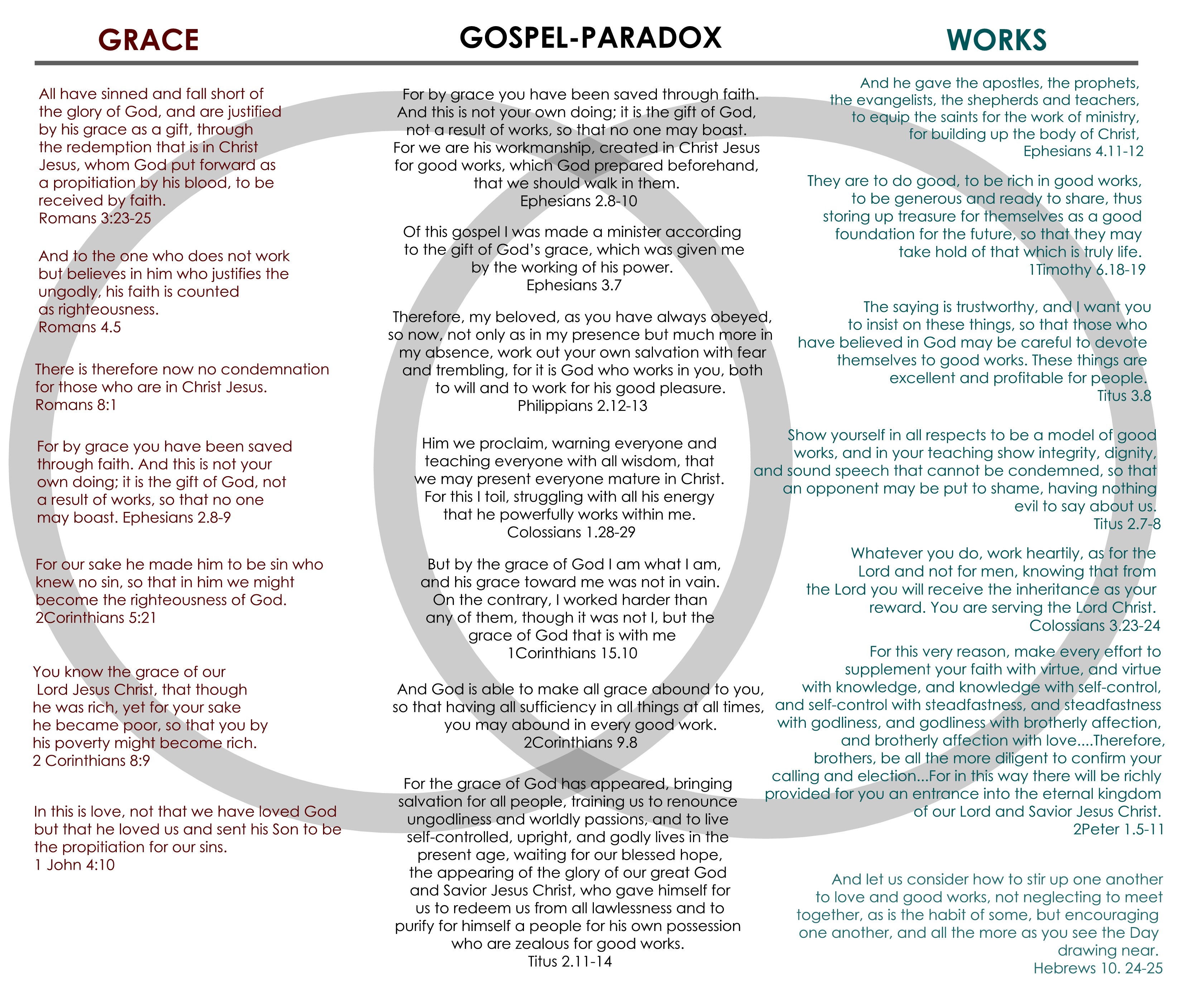This third blog about sanctification has one simple point: Everything was done by Jesus, not so that you could do nothing, but so that you would desire and be able to do something.
That “something” is gospel-inspired, spirit-empowered, pursuit of righteousness and fight against unrighteousness. The purpose of this pursuit is, ultimately, satisfaction in God. I would agree with John Piper whose life is devoted to the belief that: God is most glorified when I am most satisfied in Him. In other words, satisfaction in God and glorification of God are intimately connected.
I believe that obedience, which begins with believing the gospel, is the greatest way to glorify God AND be satisfied. I agree with Jesus who said in John 15 that abiding in Him, through obedience to His commands, results in joy. Sadly, calling people to pursue obedience is rarely perceived as having to do with experiencing joy in Jesus. On the contrary, many characterize such calls as guilt-trips or recipes for legalism. It must be possible to call people to “make every effort” to obey Jesus commands. If not, Peter, Paul, James, and even Jesus seem to have been wrong, or at least, woefully insensitive.
To be clear, those who are in Christ have been “made” righteous by His obedience (See Romans 5). Said another way, the reason we are righteous is because Jesus died FOR us. BUT…the reason we can pursue godliness is because Jesus lives IN us. And this is where the conflict ensues. Even if we agree that we are all meant to “mature in Christ”, exactly how that happens is still in question. One of the great points of contention regarding progressive sanctification is the role of men versus the role of the Holy Spirit. How much am I “doing” and how much is He doing?
What if it is both? I don’t mean some kind of 50/50 relationship, more like 100/100. What if the Spirit gives us desires AND we must act on those desires? What if the Spirit gives us energy AND we have to spend it? What if the Spirit gives us gifts AND we have to use them? What if the Spirit gives us paths to escape temptation AND we have to take them? What if the Spirit gives us tools to mature in Christ AND we have to pick them up? This seems to be what Paul means when he says:
Philippians 2.12 12 Therefore, my beloved, as you have always obeyed, so now, not only as in my presence but much more in my absence, work out your own salvation with fear and trembling, 13 for it is God who works in you, both to will and to work for his good pleasure.
The same grace that saves us is the same grace that moves us. Grace does not give us permission to do nothing. It gives us comfort when we fail at what we do and humility if we succeed. The pursuit of holiness is not about performing to impress God or others; it is about progressing in our affection toward God and others.
We don’t just sit and wait for the Holy Spirit to act upon us. If He is in us, we should possess a desire to pursue holiness–to grow up in Christ. And while we cannot control how fast or well we grow, we can waste the grace we’ve been given. I believe the Holy Spirit works through the tools of grace God has given us (See Sanctification 102).
- The Holy Spirit cries out “Daddy” and reminds us of our identity as a child of God through meditation on the gospel
- The Holy Spirit teaches to us through reading God’s Word of God, revealing who God is and what His will for us is.
- The Holy Spirit speaks for us to God in prayer, helping us to commune with our heavenly Father so we can live for Him.
- The Holy Spirit comforts us when we sing praises to Jesus, reminding us of who He is and what He has done for us
- The Holy Spirit convicts us of our disobedience and helps us resist temptation and pursue obedience.
- The Holy Spirit ministers to us through His presence in the hearts and hands of those in the body–to heal and strengthen.
- The Holy Spirit directs us to go on mission and empowers, equips , and enables us accomplish his work there.
We grow in grace when we engage with it. And we engage with it, or at least desire to, when we experience it in salvation. Paul says it well:
1Corinthians 15.10 10 But by the grace of God I am what I am, and his grace toward me was not in vain. On the contrary, I worked harder than any of them, though it was not I, but the grace of God that is with me.
Let us not waste God’s grace toward us. Let us work hard for Christ by the grace that is our sin Christ–for His glory and our joy.



